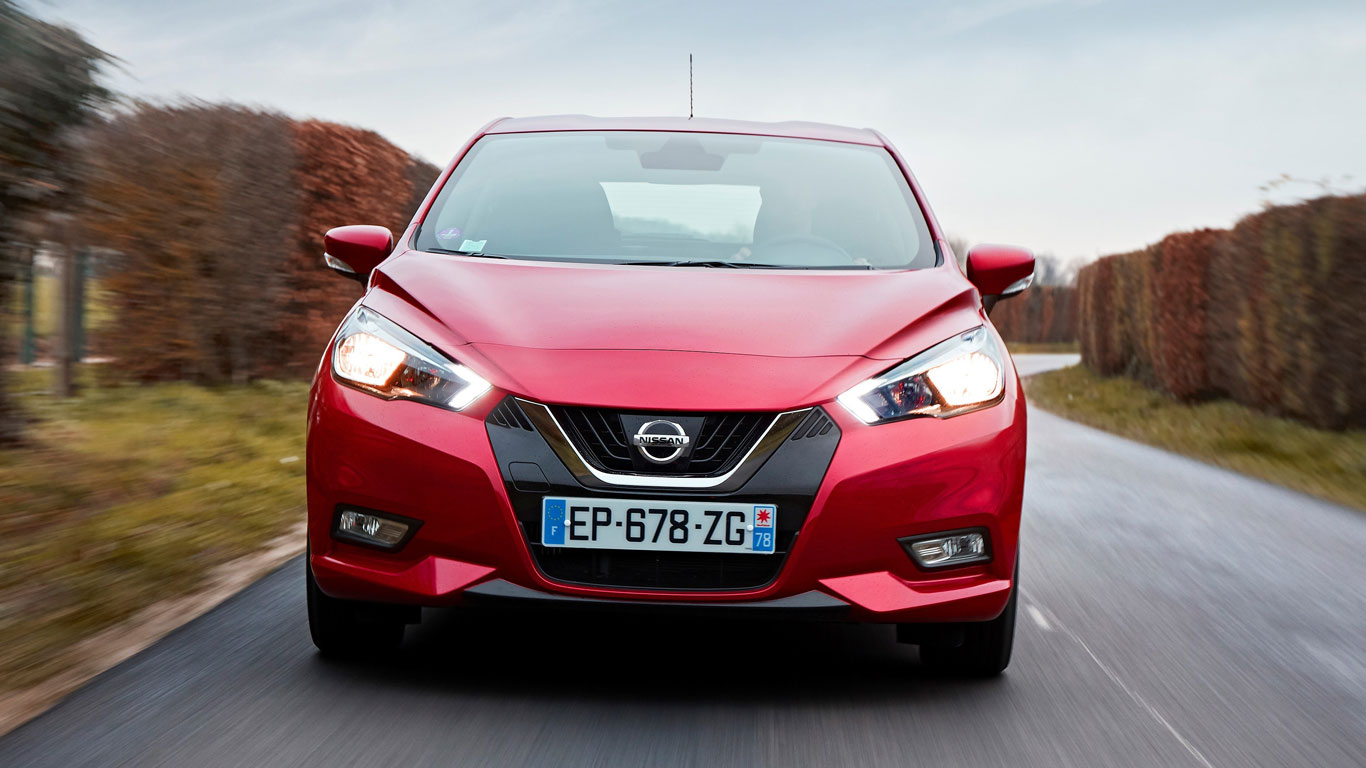
Nissan has form for slow cars. There was a time in the mid-90s when you could buy a diesel people carrier, the Serena, which took nearly 30 seconds to reach 62mph. That earned it the title of the world’s slowest passenger car.
While the Serena is no longer on sale, Nissan has today announced a new entry-level Micra powered by a 1.0-litre engine producing just 71hp. It takes a sedate 16.4 seconds to reach 62mph. But it’s not the slowest new car on sale today…
Volkswagen Up/Skoda Citigo/Seat Mii 1.0 60
0-62mph: 14.4 seconds
The Volkswagen Up and its Skoda and Seat brethren are some of the best city cars you can buy. If you plan on covering a lot of motorway miles, you’re better opting for the more powerful 75hp version, however. The entry-level 60hp 1.0-litre takes 14.4 seconds to hit 62mph.
Dacia Logan 1.2 75
0-62mph: 14.5 seconds
With prices starting at £6,995, the Dacia Logan is the cheapest estate car money can buy. But it’s also the slowest, taking nearly 15 seconds to reach 62mph if you opt for the 75hp 1.2-litre petrol engine.
Dacia Sandero 1.2
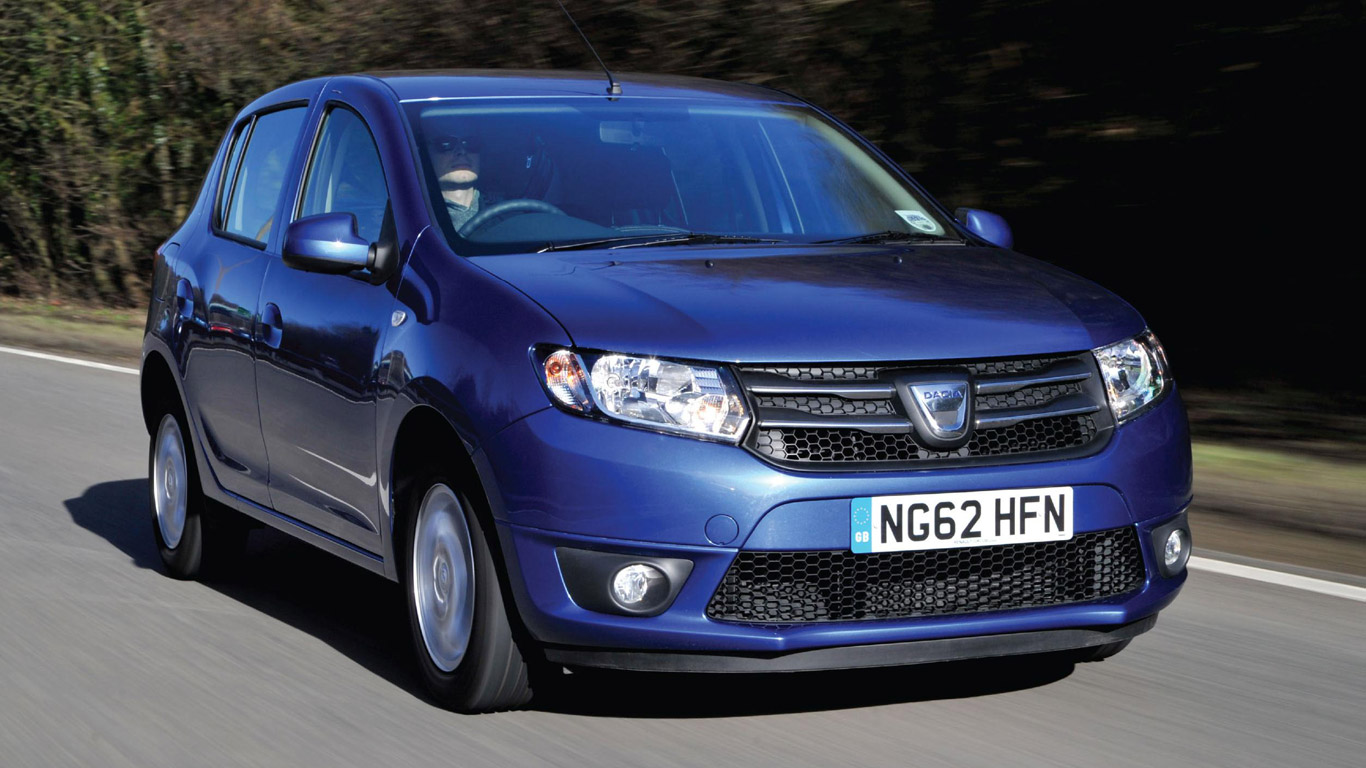
0-62mph: 14.5 seconds
Surprisingly, given it’s smaller, the Dacia Sandero powered by the same engine takes just as long. But what do you expect for £5,995?
Renault Clio 1.2 75
0-62mph: 14.5 seconds
That same 75hp engine is also used in the Renault Clio. It takes, you guessed it, 14.5 seconds to hit 62mph.
Renault Twingo 1.0 70 SCe
0-62mph: 14.5 seconds
Put a 1.0-litre 70hp engine into a mid-engined city car, and an affordable Porsche it does not make. We actually quite like the three-cylinder engine in the Twingo, but you’ll prefer the turbocharged version if you’re seeking performance.
Peugeot 108 1.0
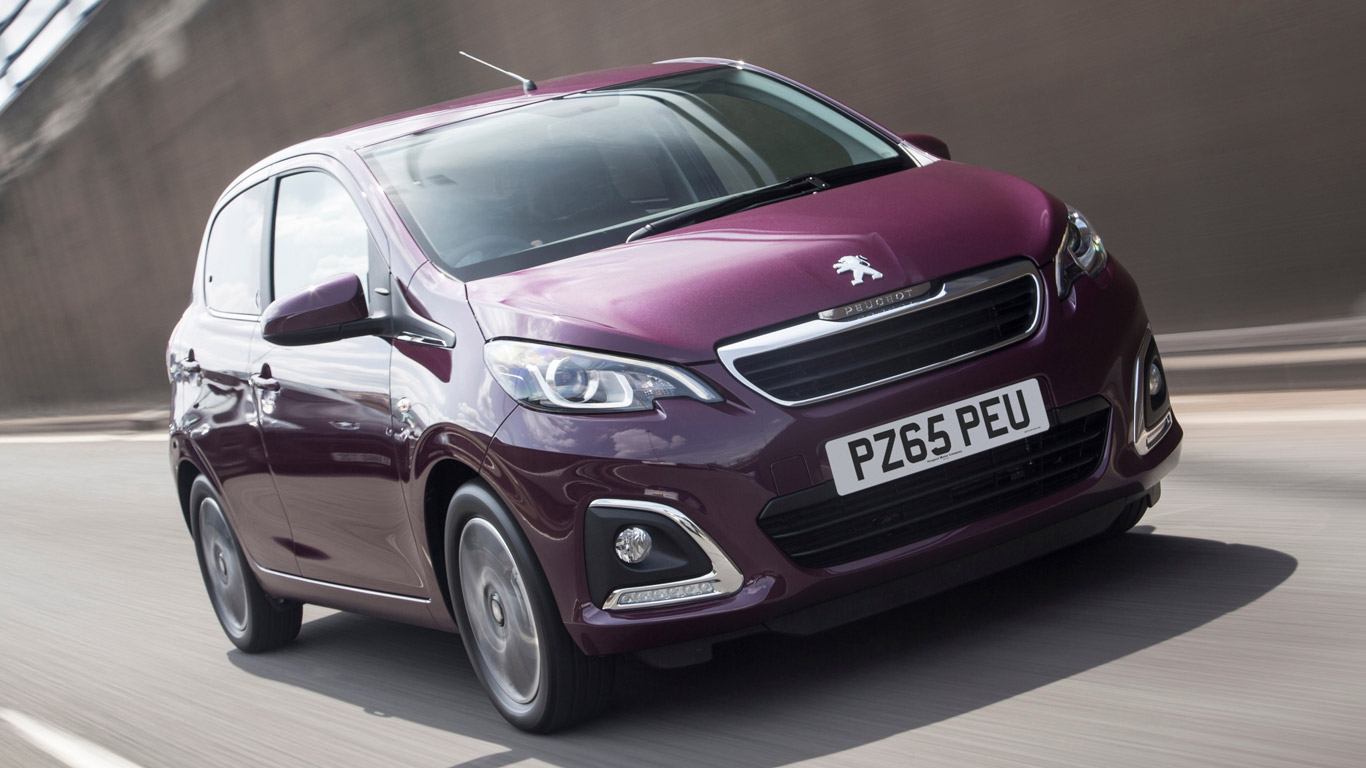
0-62mph: 14.5 seconds
Finally in the 0-62mph in 14.5 seconds club, is the Peugeot 108 city car. The plucky little Pug is enjoyable to thread through city streets, so we suspect most owners won’t be bothered about the time it takes to accelerate to 62mph. It all gets slower from here, however…
Fiat Qubo 1.4 77
0-62mph: 14.7 seconds
The Fiat Qubo is essentially a Fiorano van with windows – and despite the name of its commercial cousin, it’s no Ferrari when you hit the gas pedal.
Seat Ibiza 1.0 75
0-62mph: 14.7 seconds
If you buy an entry-level Seat Ibiza, you’ll be treated to the painfully slow three-cylinder 1.0-litre 75hp engine. It’ll be fine around town, but we’d look to upgrade for ventures beyond 30mph zones.
Smart Fortwo Cabrio 1.0 71
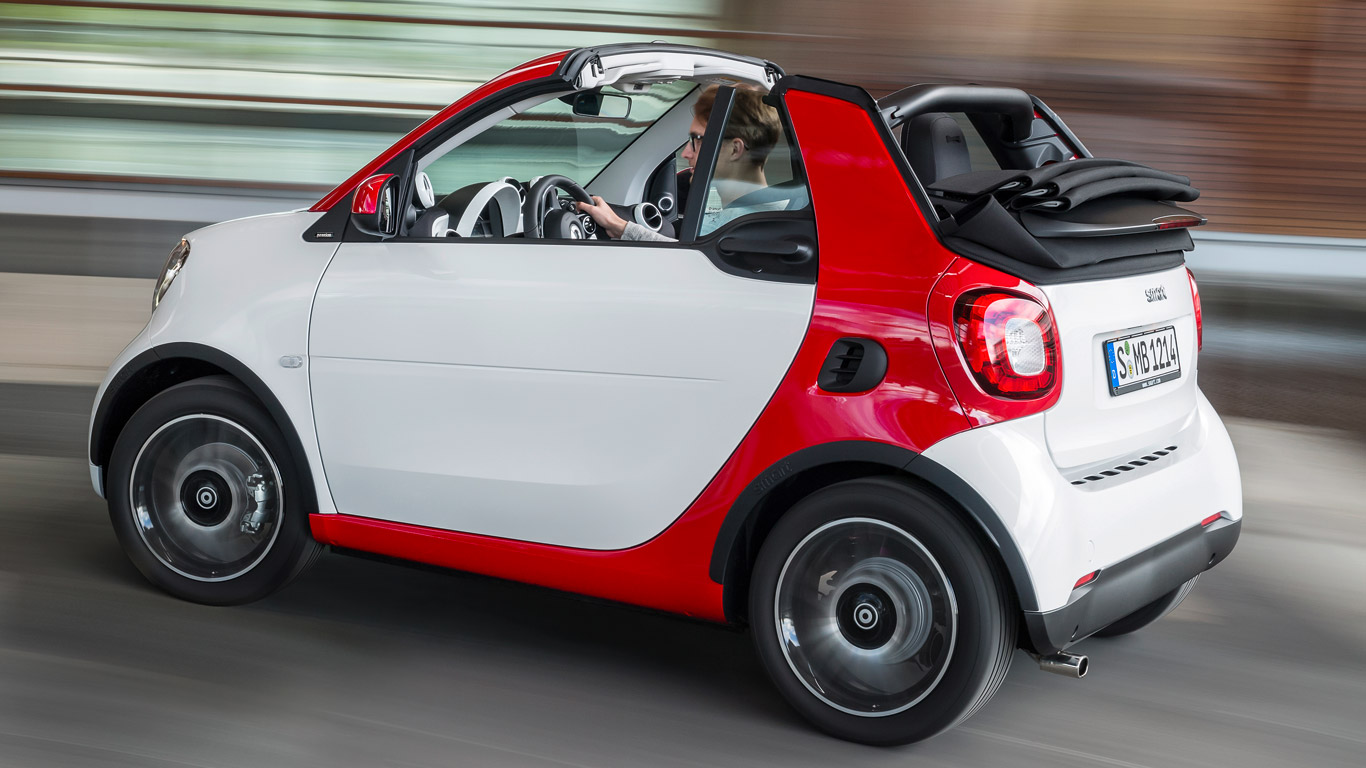
0-62mph: 14.9 seconds
If you buy a soft-top Smart ForTwo, you probably don’t want a car that’s fast enough to ruffle your hair when you accelerate. That’s useful, because the 71hp three-cylinder engine takes 14.9 seconds to hit 62mph.
Vauxhall Adam 1.2 70
0-62mph: 14.9 seconds
The Vauxhall Adam is a quirky little city car, but its entire engine line-up is a tad disappointing. The least desirable engine has to be the 1.2-litre 70hp four-cylinder petrol, which takes an age to hit 62mph.
Vauxhall Corsa 1.4 75
0-62mph: 14.9 seconds
The bigger Corsa is equally disappointing if you opt for the 1.4-litre 75hp engine. We much prefer it with the new 115hp 1.0-litre turbo triple, which hits 62mph in 10.3 seconds.
Ford Fiesta 1.1 70
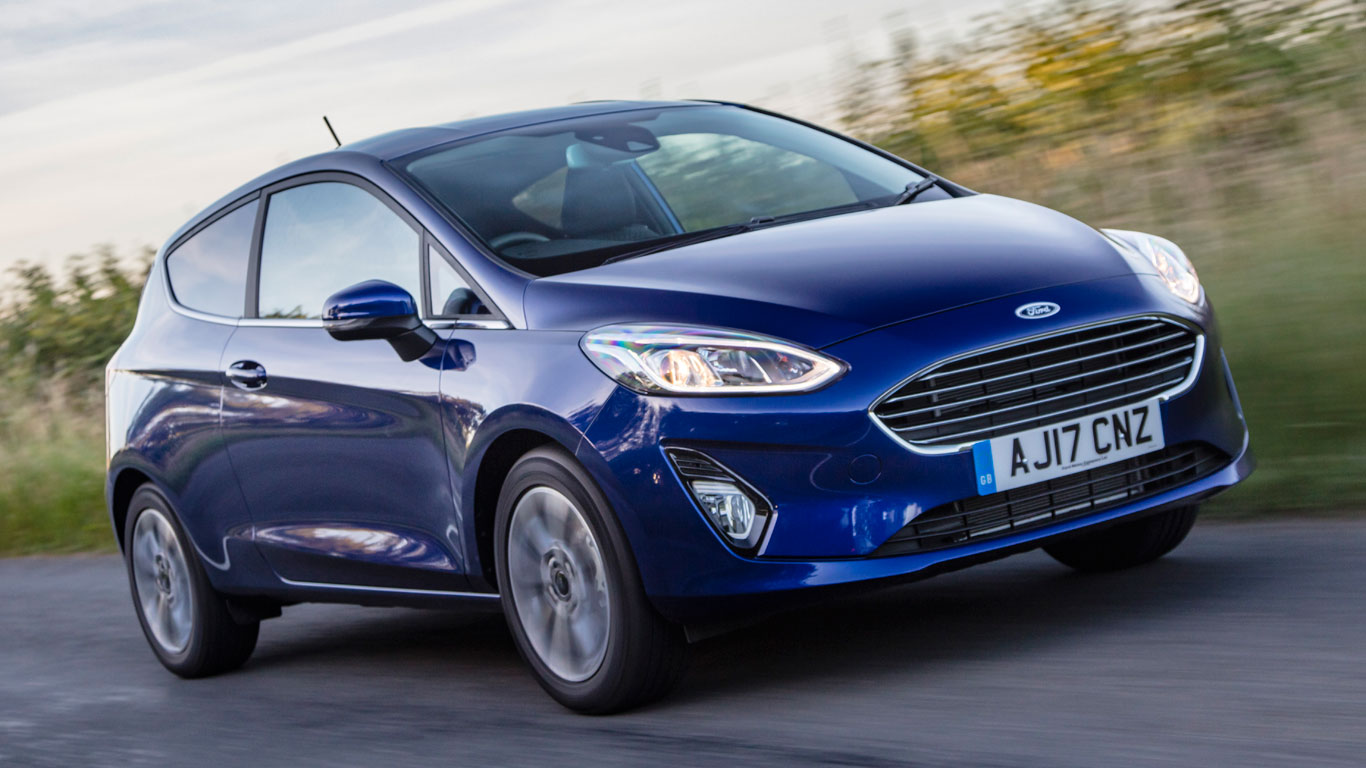
0-62mph: 14.9 seconds
The Ford Fiesta is the UK’s best-selling new car, and the latest model has a lot to like about it. But not necessarily the entry-level 70hp 1.1-litre engine, which takes 14.9 seconds to hit 62mph.
Citroen C4 Cactus 1.2 Puretech ETG
0-62mph: 15.0 seconds
Pair Citroen’s 1.2-litre Puretech engine with an automated manual gearbox in a car the size of the Cactus, and you’ll get to 62mph… eventually.
Citroen Berlingo Multispace 1.6 BlueHDi 75
0-62mph: 15.1 seconds
Another ‘van with windows’, this time it’s the Citroen Berlingo Multispace – specifically with the 1.6-litre BlueHDi diesel engine. Packing a lacklustre 75hp, it’s the first car featured here to take more than 15.0 seconds to hit 62mph.
Ford B-Max 1.5 TDCi
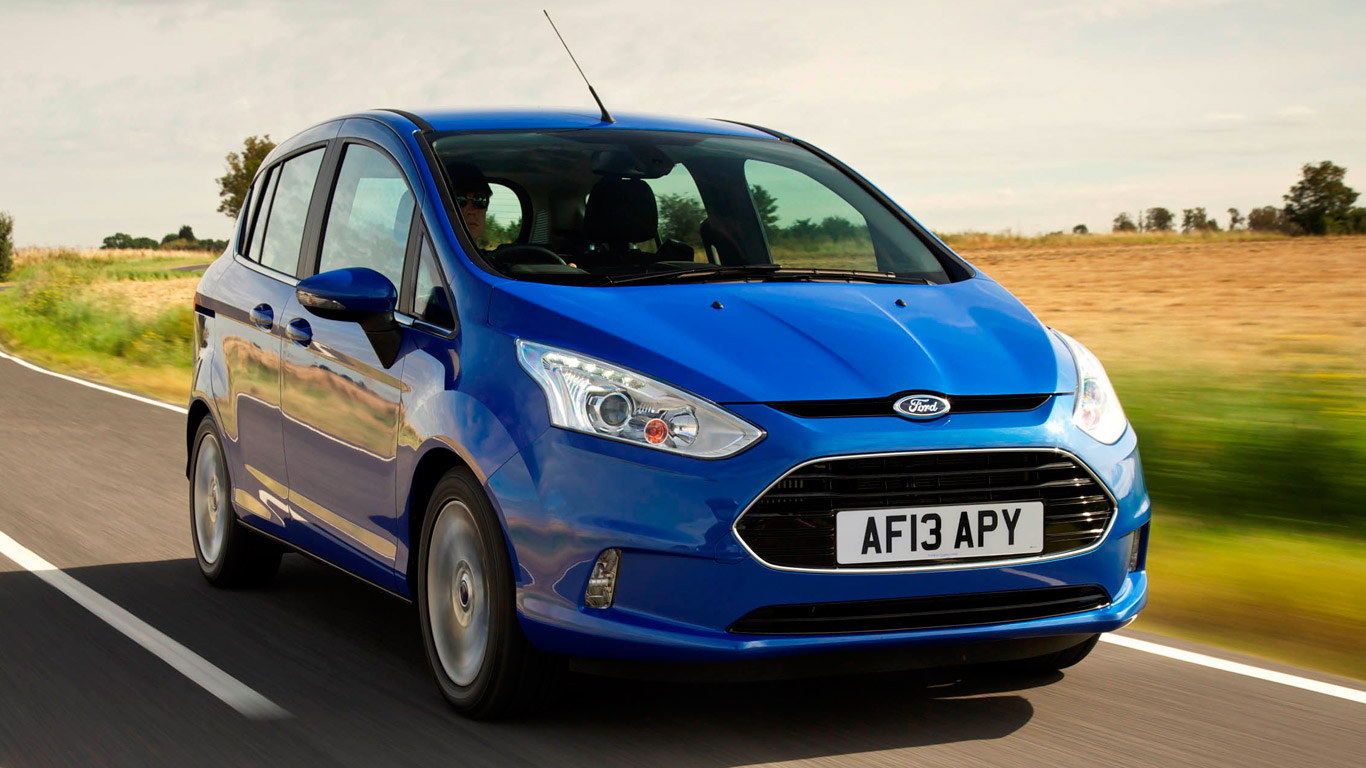
0-62mph: 15.1 seconds
Taking an equally long time to reach 62mph, the Ford B-Max perhaps works better with the 1.0-litre turbocharged petrol engine than the 1.5 diesel.
Ford Focus Estate 1.6 85
0-62mph: 15.1 seconds
This is the car you’ll dread collecting from the hire car depot: a Ford Focus estate with the 85hp 1.6-litre petrol engine. That amount of power simply isn’t enough to lug around a car the size of a Focus estate.
Toyota Yaris 1.0
0-62mph: 15.3 seconds
The thrashy 1.3 in the Yaris isn’t the best engine, but it’s certainly going to be better than the entry-level 1.0-litre if you’re in a rush to get anywhere.
Ford Ka+ 1.2
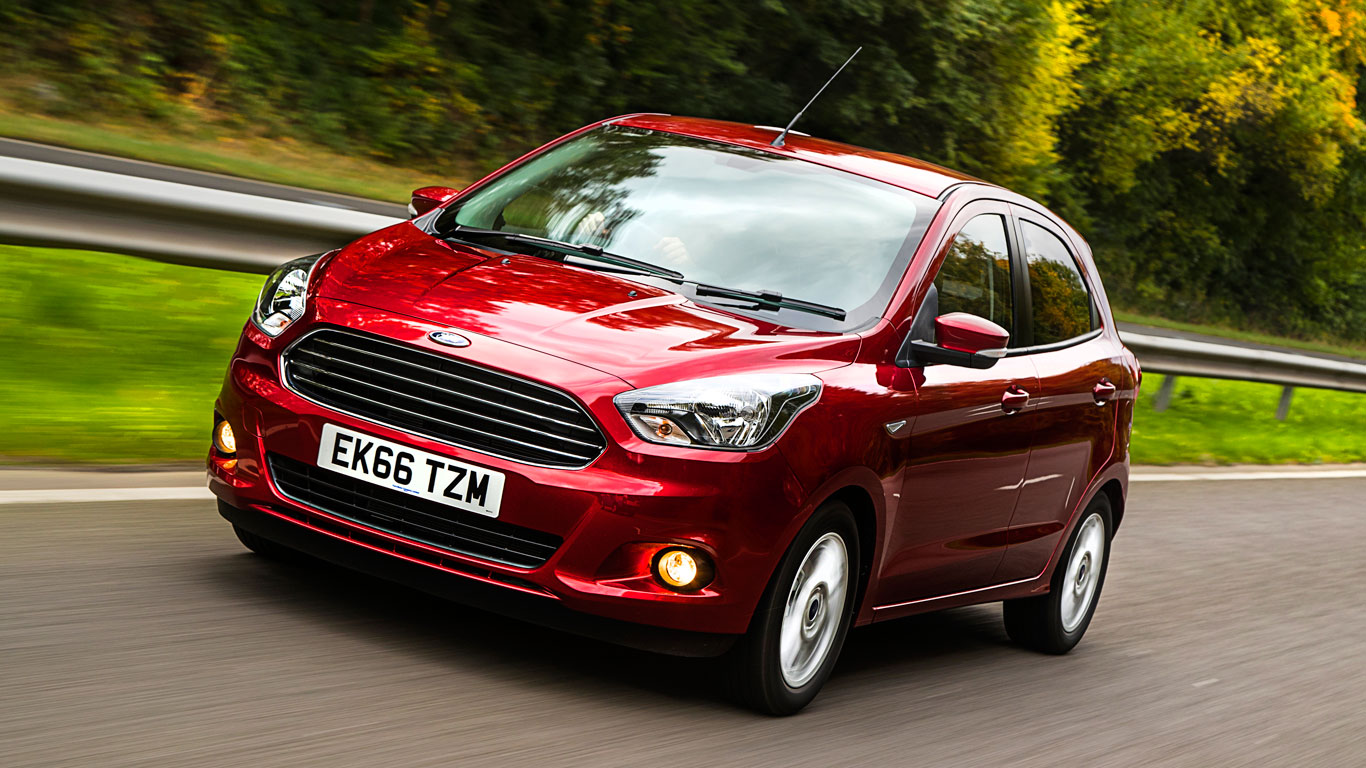
0-62mph: 15.3 seconds
As indicated by its name, the Ka+ is a bigger car than its predecessor, the Ka. As such, it probably deserves a more powerful engine than the 70hp naturally-aspirated 1.2-litre petrol. Still, it should prove to be cheap to insure for new drivers.
Peugeot Partner Tepee 1.6 BlueHDi 100
0-62mph: 15.3 seconds
It’s a good job most buyers of the Peugeot Partner Tepee will, let’s say, have enough life experience not to be bothered about getting anywhere quickly. It takes 15.3 seconds for the 1.6-litre BlueHDI 100 to hit 62mph.
Hyundai i10 1.0 66 Blue
0-62mph: 15.5 seconds
Next time you’re stuck behind a Hyundai i10 taking an age to accelerate down a motorway slip road, bear in mind that it might not necessarily be the driver’s fault. The little 66hp 1.0-litre triple takes 15.5 seconds to propel the city car to 62mph.
Volkswagen Polo 1.0 60
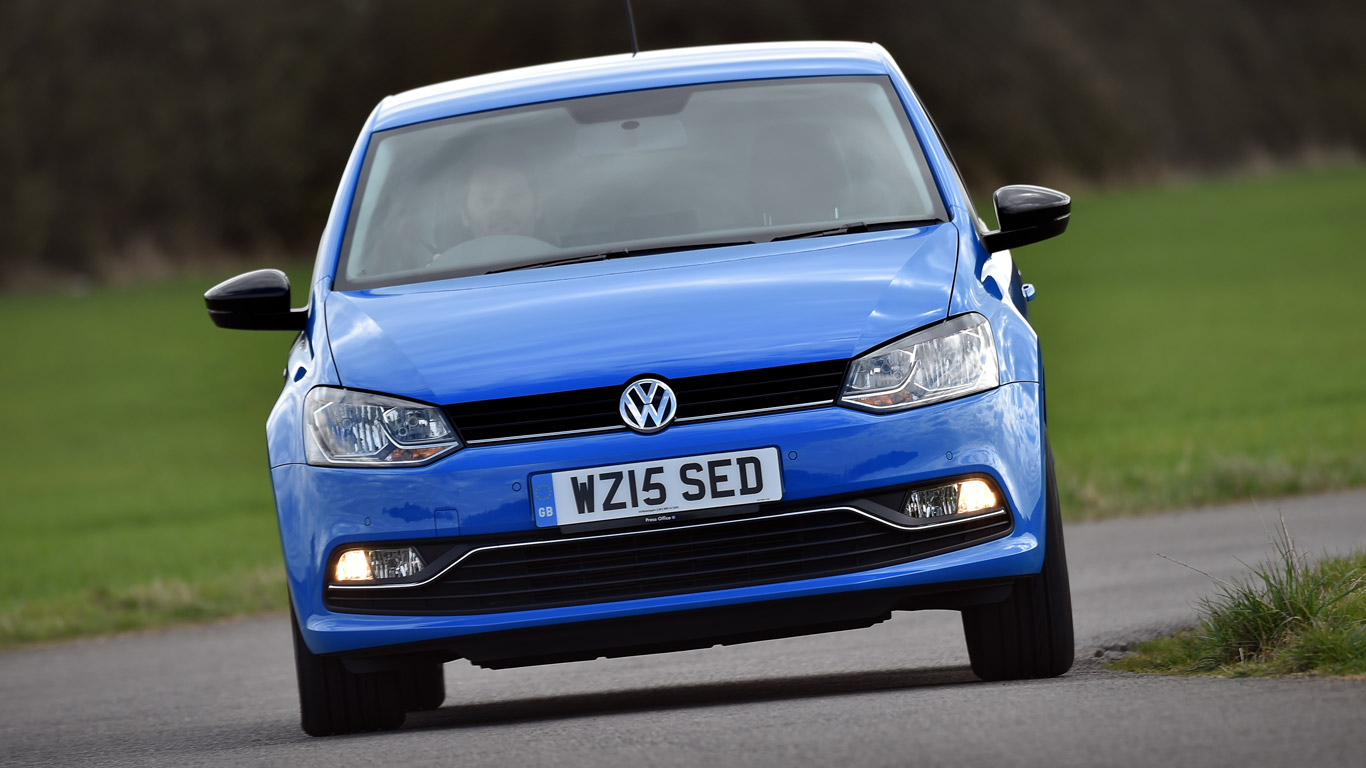
0-62mph: 15.5 seconds
The Volkswagen Polo is showing its age, but that doesn’t excuse the entry-level 1.0-litre, which can be out-dragged by a tortoise. Allegedly.
Skoda Fabia 1.0 60
0-62mph: 15.7 seconds
It’s no surprise, then, that the platform-sharing Skoda Fabia with the same engine also takes a substantial amount of time to reach the national speed limit.
Fiat 500L Wagon 1.3 Multijet Dualogic
0-62mph: 15.7 seconds
Combine a 1.3-litre diesel engine with a lethargic sequential transmission, and the 500L Wagon takes a frustrating 15.7 seconds to hit 62mph. Economy is more its forte: it returns 72.4mpg in official NEDC tests.
Smart Forfour 1.0 71
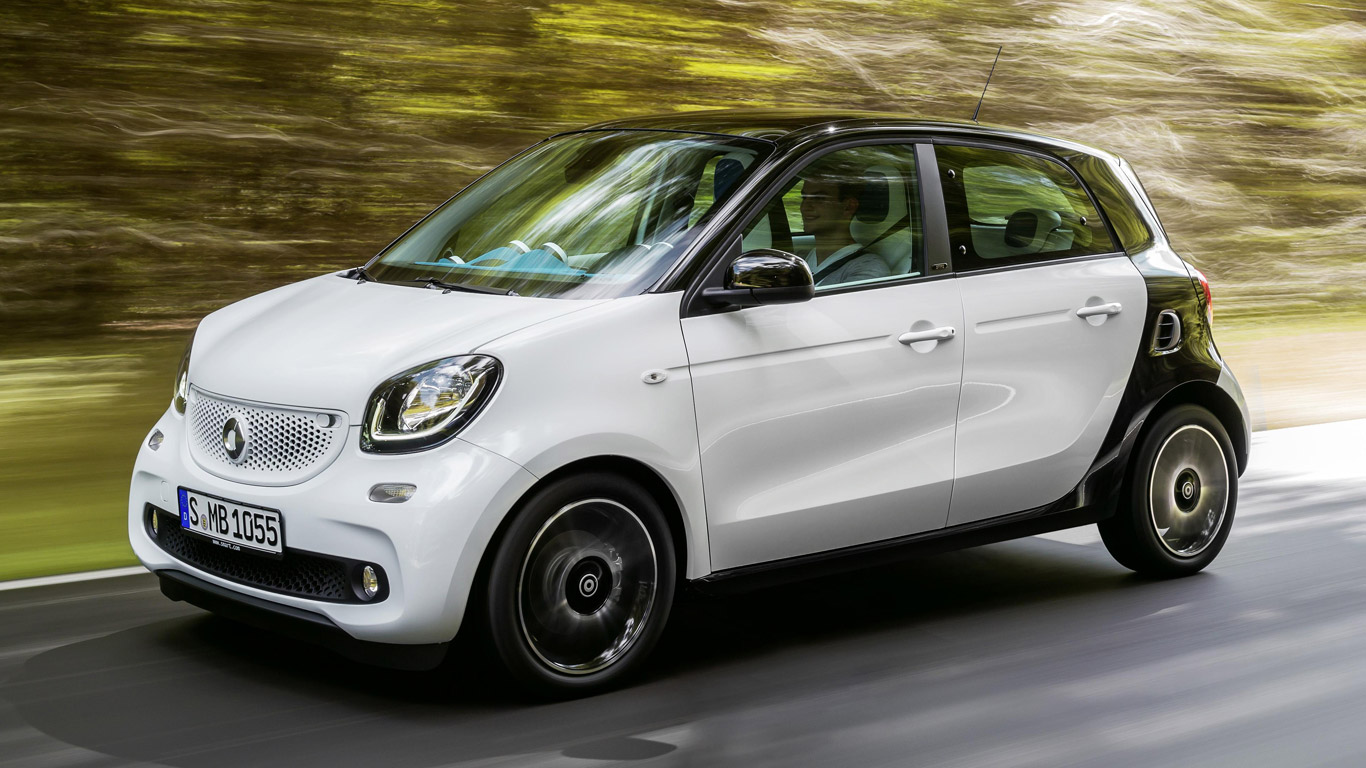
0-62mph: 15.9 seconds
Good news! You can buy a Smart big enough for your entire family (provided there’s only four of you). Bad news: your offspring will have grown-up by the time you’ve hit motorway speeds.
Citroen C3 Aircross 1.2 Puretech 82
0-62mph: 15.9 seconds
With just 82hp, the Citroen C3 Aircross is perhaps the ultimate car for millenials who car for aesthetics over outright performance. It’s a funky-looking thing with a cool interior, but its 15.9-second 0-62mph time means you better avoid short motorway slip roads.
Citroen C-Zero/Peugeot iOn
0-62mph: 15.9 seconds
Performance has never been a priority for these electric car relics from yesteryear. You’d be much better buying a Tesla or, well, any other electric car if you want to hit 62mph in less than 15.9 seconds.
Fiat Doblo 1.4 95
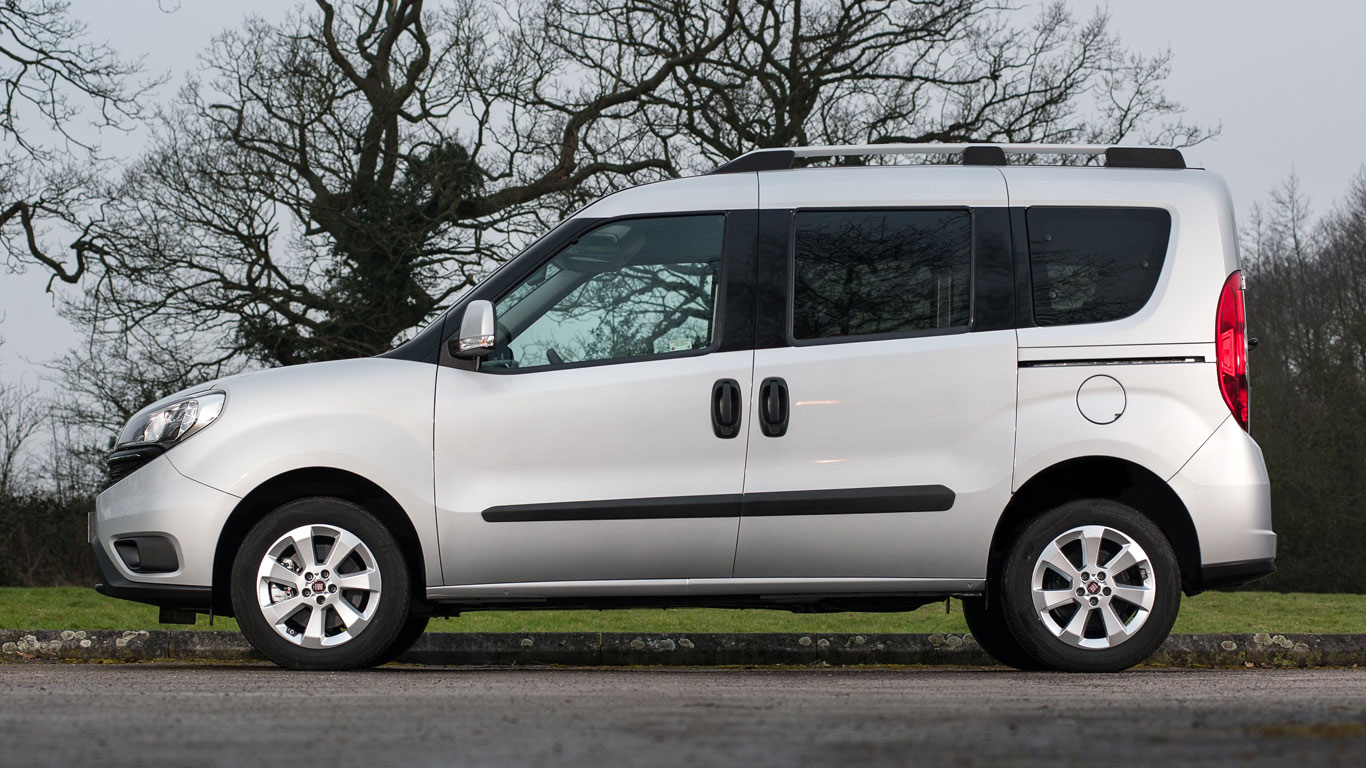
0-62mph: 15.9 seconds
As Italian cars go, a 95hp Fiat Doblo is never going to stir the senses in the same way a Ferrari 488 does. With its 1.4-litre naturally-aspirated petrol engine, it’ll stumble to the heady heights of 62mph in marginally less than 16 seconds.
Hyundai i20 1.1 CRDi Blue
0-62mph: 16.0 seconds
There are many reasons why you’d opt for the Hyundai i20 with a diesel engine. Perhaps you really dislike visiting petrol stations? In reality, you’d be much better off choosing the 1.0-litre petrol turbo.
Toyota Proace Verso
0-62mph: 16.1 seconds
Stick some seats and windows into a van, and you have an upmarket MPV. That’s what Toyota has done to its Proace to make the Verso. What it doesn’t make, however, is one of the fastest cars on the school run.
Suzuki Celerio 1.0 SZ4 AGS
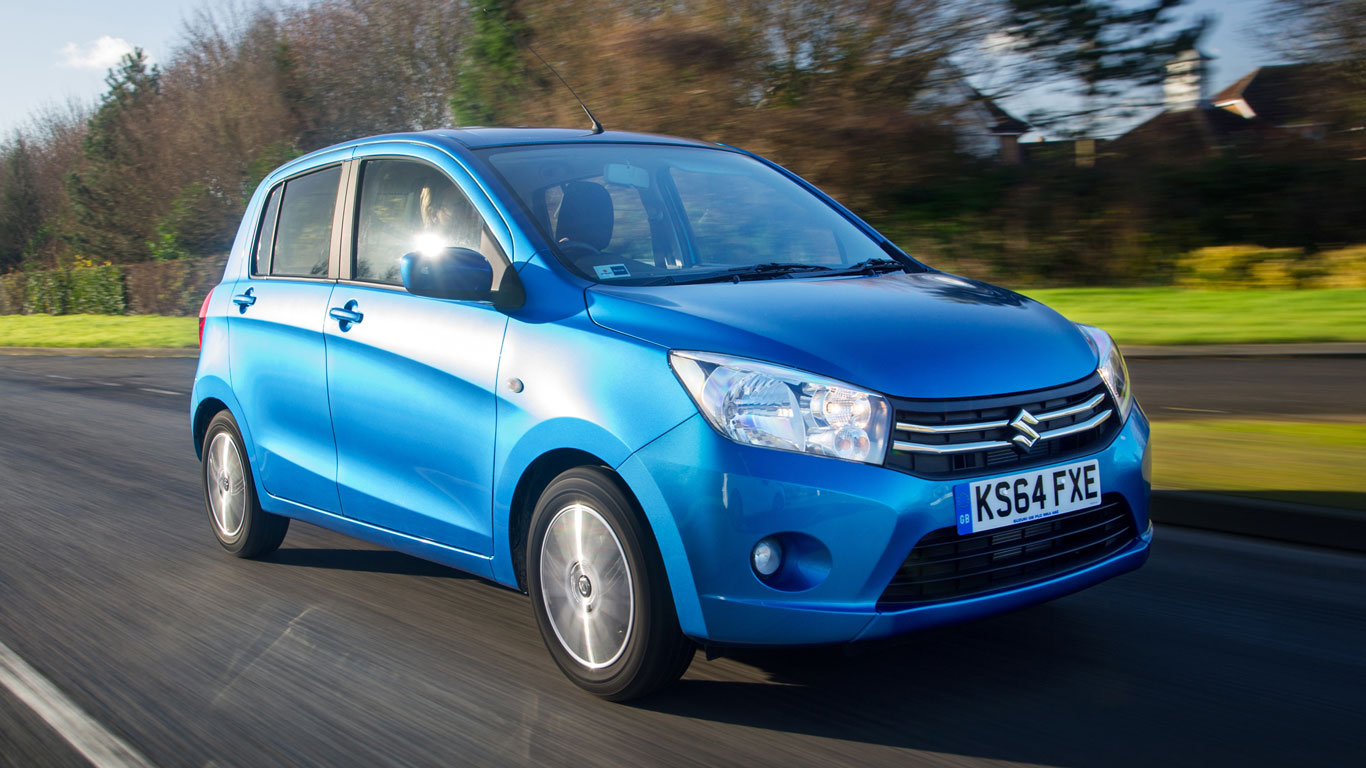
0-62mph: 16.4 seconds
A Suzuki Celerio isn’t the car to buy if you want to go quick. Especially not when paired with the five-speed auto gear shift (AGS) transmission. Poor on the drag strip, ace for granny popping to the shops.
Nissan Micra 1.0
0-62mph: 16.4 seconds
Nissan’s new entry-level Micra is powered by a 1.0-litre petrol engine producing, wait for it… 71hp. As such, it’ll take 16.4 seconds to reach 62mph. It’ll keep insurance companies happy, though – it’s one of a handful of cars in insurance group one.
Nissan NV200 Combi
0-62mph: 17.0 seconds
Things you can do in 17.0 seconds: have a nap, eat a chocolate bar, accelerate to 62mph in a Nissan NV200 Combi. With just 89hp, the 1.5-litre diesel engine struggles to lug around the seven-seat van-based people carrier.
Suzuki Jimny 1.3 SZ4 auto
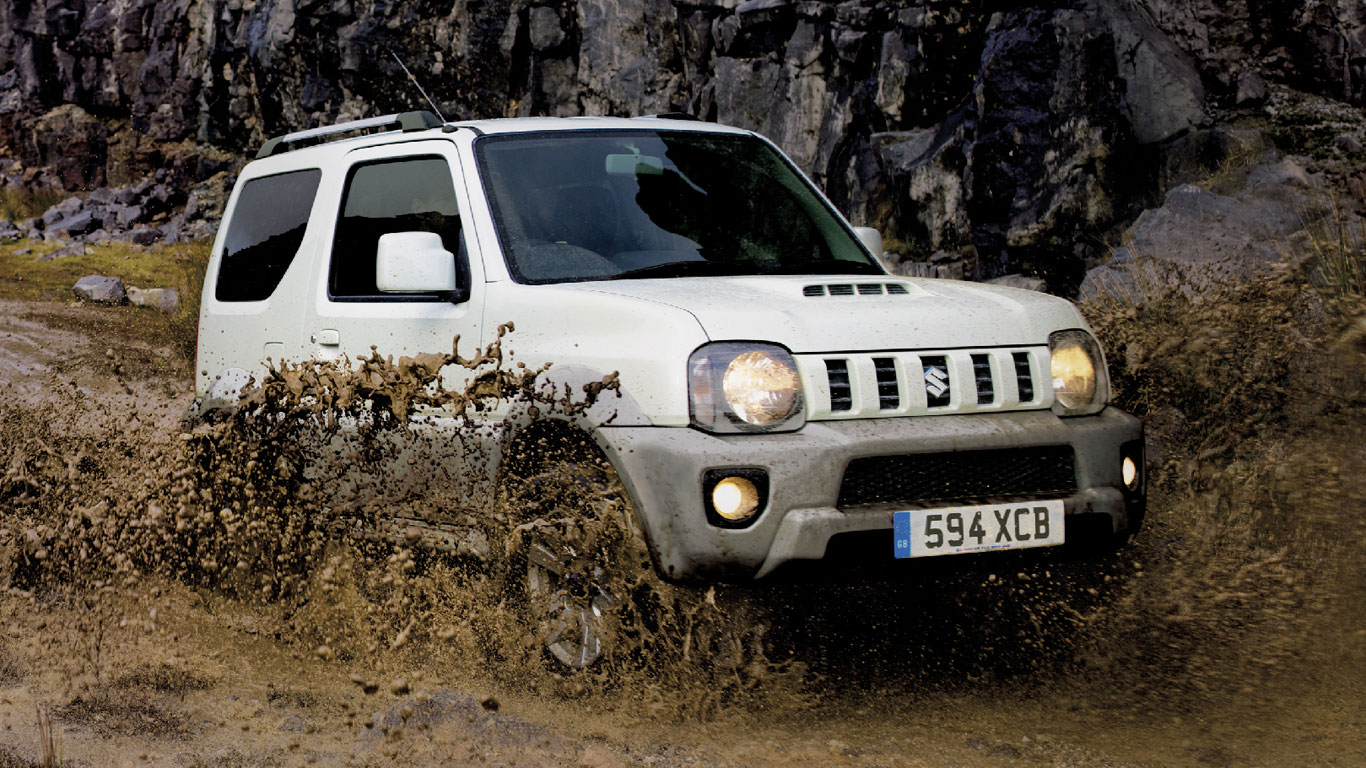
0-62mph: 17.2 seconds
The Suzuki Jimny is finally due to be replaced in 2018. We love the outgoing model, even if it is showing its age (it hasn’t changed much since 1998). Its 1.3-litre petrol engine is far from thrilling, especially combined with the automatic gearbox. It’ll lumber up to 62mph in 17.2 seconds.
Hyundai i800 2.5 CRDi
0-62mph: 17.6 seconds
The award for the slowest-accelerating passenger car currently on sale in the UK goes to the Hyundai i800 2.5 CRDi. While the eight-seat Hyundai is big enough to raise a family, accelerating faster than a truck is something it struggles with.
Volkswagen California 2.0 TDI Beach
0-62mph: 19.4 seconds
Does a campervan count as one of the slowest accelerating cars money can buy? For its shameful 19.4 second 0-62mph time, we reckon it’s well worth including. The entry-level California is powered by VW’s 2.0-litre turbodiesel engine, producing just 101hp.
Read more:
- £11,995 Nissan Micra 1.0-litre entry-level model launched
- 10 safest cars of 2017 revealed
- New car for an old car price? Here’s how!